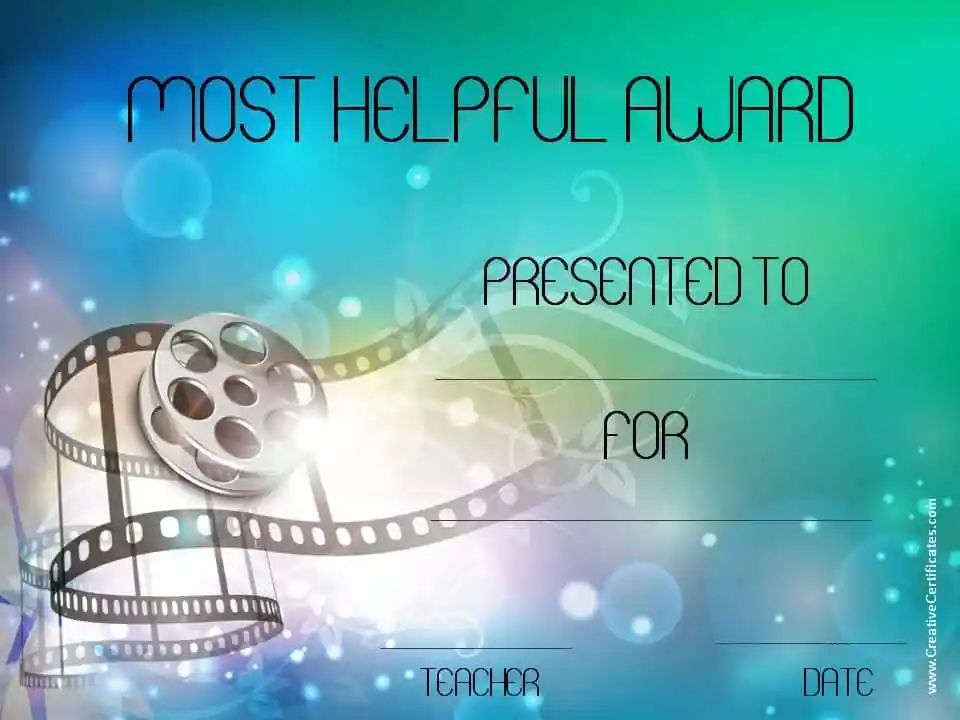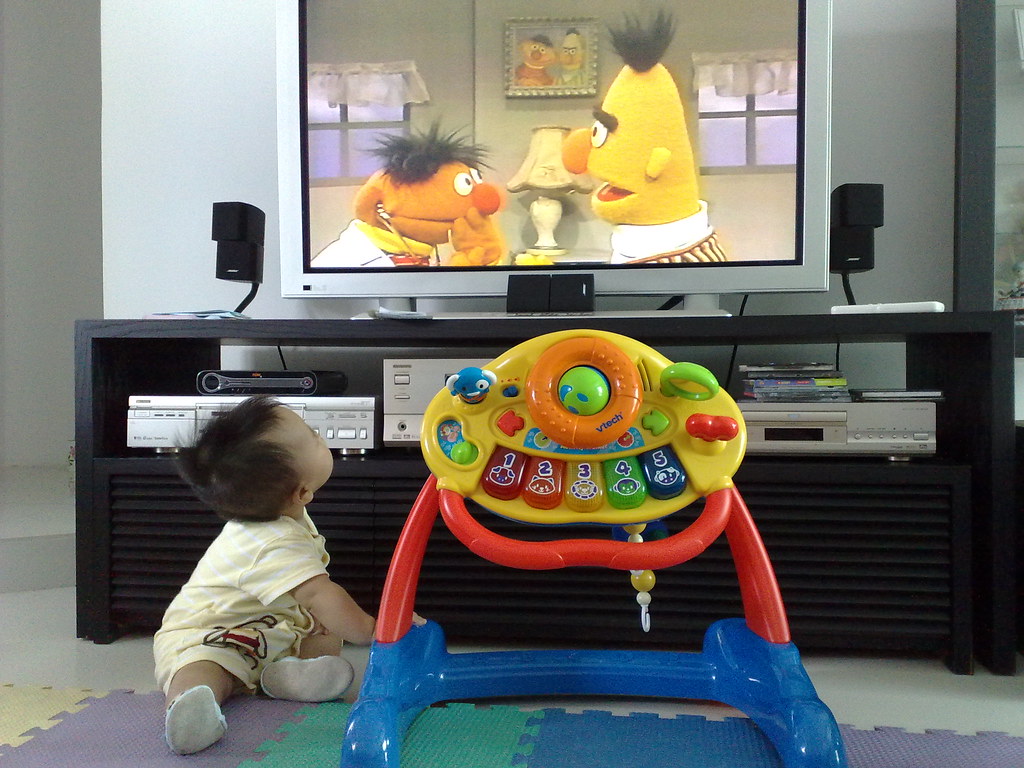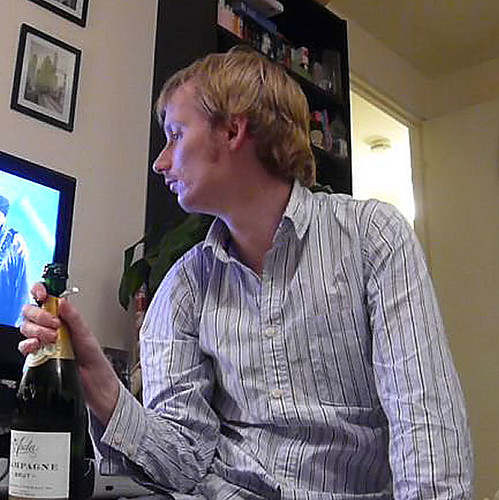
Alright, fellow pop culture aficionados and champions of justice for beloved characters! We’ve all been there, right? You dedicate seasons, sometimes even years, of your life to a TV show, investing your precious emotional energy, only for the finale to drop like a lead balloon, leaving you utterly speechless (and not in a good way). We’re talking about those endings that linger in your mind, not because they were brilliant, but because they were, well, problematic. The kind that still makes you scroll through Reddit threads, just to confirm that yes, *most* other fans agree with your annoyance.
But before we dive headfirst into a spirited debate about the specifics of those cringe-worthy conclusions, let’s hit pause for a sec. Because when we talk about the ‘9 Most Problematic TV Show Endings,’ there’s a tiny, but mighty, word doing a lot of heavy lifting: ‘most.’ What does it even mean for something to be the ‘most’ anything? Is it about sheer numbers of angry tweets? The depth of the plot holes? The collective groan heard around the internet?
As your seasoned media editor, I’m here to tell you that sometimes, to understand the ‘most’ pressing issues, we need to go back to basics. So, let’s channel our inner word nerds and take a fun, BuzzFeed-style deep dive into the very fabric of the word ‘most’ itself. We’ll explore its many meanings, its linguistic power, and why understanding it is absolutely key to truly appreciating (or lamenting!) what makes a TV show ending earn that coveted, yet dreaded, ‘most problematic’ title. Get ready, because it’s about to get real, linguistically speaking!

1. **The Superlative Power of ‘Most’: Claiming the Top Spot in Annoyance**When we declare a TV show ending to be the ‘most’ problematic, we’re not just saying it’s *a* problem; we’re crowning it the champion of disappointment, the undisputed king (or queen!) of bad finales. This is ‘most’ in its purest, most powerful form: the superlative degree of ‘much’ or ‘many,’ signifying “in the greatest quantity, amount, measure, degree, or number.” It’s the ultimate descriptor, setting the absolute highest bar for whatever quality we’re discussing.
Think about it: when the credits roll, and you find yourself utterly flummoxed, that feeling isn’t just a fleeting ‘much’ or ‘many’ of feelings. No, it’s the *most* profound sense of betrayal, the *most* egregious misuse of narrative potential. The word ‘most’ instantly elevates the criticism, placing that particular ending at the pinnacle of fan frustration, making it stand out in a crowded field of disappointing finales. It’s the linguistic equivalent of a mic drop, signaling that this one truly takes the cake for all the wrong reasons.

2. **’Most’ as the Voice of the Majority: When the Fandom Agrees to Disagree (with the Writers)**Beyond simply being the ‘greatest’ in a general sense, ‘most’ also often speaks to collective experience, representing “in the majority of instances” or “more than half.” This is crucial when we talk about fan reactions to problematic TV endings. It’s not just a few disgruntled viewers; it’s a significant portion, a veritable army, of fans who collectively raise their pitchforks (or at least their Twitter fingers) in unison.
Consider the aftermath of a truly controversial finale. The online discussions explode, comment sections overflow, and polls pop up asking for opinions. When we say ‘most operations are successful,’ as the context indicates, we’re talking about a prevailing truth. Similarly, when ‘most’ fans agree that an ending was a swing-and-a-miss, it carries the weight of broad consensus, making the ‘problematic’ label feel less like a personal opinion and more like a widely acknowledged fact, backed by the sheer numbers of annoyed viewers.

3. **Quantifying Controversy: How ‘Most’ Before Nouns Helps Frame the Fandom Fury**The word ‘most’ is incredibly versatile, and one of its key functions is to quantify. It can appear “before a noun,” whether that noun is plural or uncountable, helping us measure the extent of something. The context gives us examples like “He received the most votes” or “She has the most talent.” In the world of TV show finales, ‘most’ helps us categorize and understand the scope of the issues.
Are we talking about the ‘most’ plot holes, the ‘most’ inconsistent character arcs, or the ‘most’ unsatisfying resolutions? By placing ‘most’ before a specific noun, we pinpoint the precise elements that contribute to an ending’s problematic nature. This grammatical construction allows us to break down the broader feeling of disappointment into tangible, discussable components, giving structure to our collective gripes and enabling us to identify the ‘most’ egregious errors in storytelling that still irk fans.

4. **’The Most’ as an Utmost Concept: When Disappointment Becomes a Definitive Quantity**Sometimes, ‘most’ isn’t just an adjective or an adverb; it stands alone, a noun in its own right, signifying “the greatest quantity, amount, or degree.” The dictionary charmingly notes, “The most I can hope for is a passing grade.” This noun form of ‘most’ takes on a powerful, definitive quality, especially when we consider the pinnacle of disappointment in TV history.
When a fanbase declares an ending to be ‘the most’ egregious, they’re not merely describing it; they’re quantifying the ultimate ceiling of dissatisfaction. It becomes a benchmark, a point of no return for narrative integrity. It’s about the “utmost” measure of what a finale *shouldn’t* be. This ‘most’ isn’t just a modifier; it’s the entire package of a colossal creative misstep, making it a singular, undeniable entity of fan frustration that occupies a special, albeit infamous, place in pop culture lore.

5. **The Adverbial Amplifier: ‘Most’ for Extent or Degree, Turning Problems Into Peak Problems**Beyond its role in directly describing nouns, ‘most’ also acts as a superstar adverb, frequently used to form the superlative of other adjectives and adverbs. The context notes it’s “often used before adjectives and adverbs, and regularly before those of more than two syllables,” creating phrases like “most rapid” or “most wisely.” This is where ‘most’ truly amplifies, taking a regular descriptor and blasting it into the stratosphere of intensity.
Imagine an ending that’s simply “puzzling.” Not great, right? But then, if we apply the adverbial ‘most,’ it becomes a “most puzzling case.” See the difference? That’s the power of ‘most’ as an intensifier, signaling an extreme extent or degree. When fans label an ending as ‘most problematic,’ this adverbial force is at play, transforming a mere ‘problem’ into a colossal, undeniable ‘peak problem,’ magnifying every flaw and turning a simple annoyance into a full-blown fan outrage that simply won’t die down.

6. **’Most’ as the Secret ‘Very’: The Quiet Power of Heightened Annoyance**Here’s a fun fact about our versatile word: ‘most’ can also casually slip into the role of ‘very,’ serving as an informal intensifier. The context mentions this explicitly: “‘most’ can mean very: This murder is a most puzzling case.” It’s a subtle yet effective way to heighten the impact of an adjective, adding a layer of emphasis without needing to shout about it.
So, when we delve into the myriad reasons why certain TV endings still annoy fans, this ‘most’ (as in ‘very’) often underpins the sentiment. An ending isn’t just ‘carefully’ crafted; perhaps it was ‘most carefully’ ignored by the writers when considering fan expectations. Or maybe it was a ‘most disappointing’ twist, where the ‘most’ here subtly conveys a powerful, deep-seated dissatisfaction. It’s the quiet, understated way ‘most’ tells us that the problematic nature of these finales isn’t just surface-level; it’s deeply ingrained, a truly ‘most’ frustrating experience that continues to rankle long after the credits have rolled.

7. **The ‘Nearly All’ Nuance: When ‘Most’ Means ‘Almost’ (But Not Quite!)**Okay, so we’ve covered ‘most’ as the ultimate superlative and the voice of the collective fandom, but here’s where things get a little spicy with a dash of “did you know?” Our buddy ‘most’ has a secret life as an informal stand-in for “almost or nearly.” Yep, you heard that right! The context lets us in on this cool little linguistic secret, showing how ‘most everyone around here shops at this place’ or ‘You can find that plant most anywhere.’ This isn’t about being the *absolute* greatest, but about being *pretty darn close* to universal.
When fans lament an ending as “most problematic,” sometimes that ‘most’ isn’t just crowning a singular worst; it’s capturing a sentiment of *nearly* everyone being annoyed, *almost* the entire fanbase united in their collective head-scratching. This informal usage adds a subtle layer of nuance to our understanding of fan outrage. It’s less about a definitive, quantified majority and more about a pervasive, widespread feeling that things just didn’t land right for a super-large chunk of viewers, making that problematic label stick like glitter to a sweater. It’s a common, informal way educated persons speak, even if it doesn’t always show up in formal writing.
And there you have it, fellow fans! From the deepest linguistic dives into “the most” to the subtle nuances of its everyday use, we’ve dissected every angle of this mighty little word. It’s more than just a descriptor; it’s the very lens through which we categorize, quantify, and commiserate over the epic highs and, let’s be honest, the truly problematic lows of our favorite TV shows. So next time a finale leaves you screaming at your screen, you’ll know exactly what you mean when you declare it “the most” baffling, “the most” frustrating, or “the most” utterly unforgettable (for all the wrong reasons!) ending of all time.



